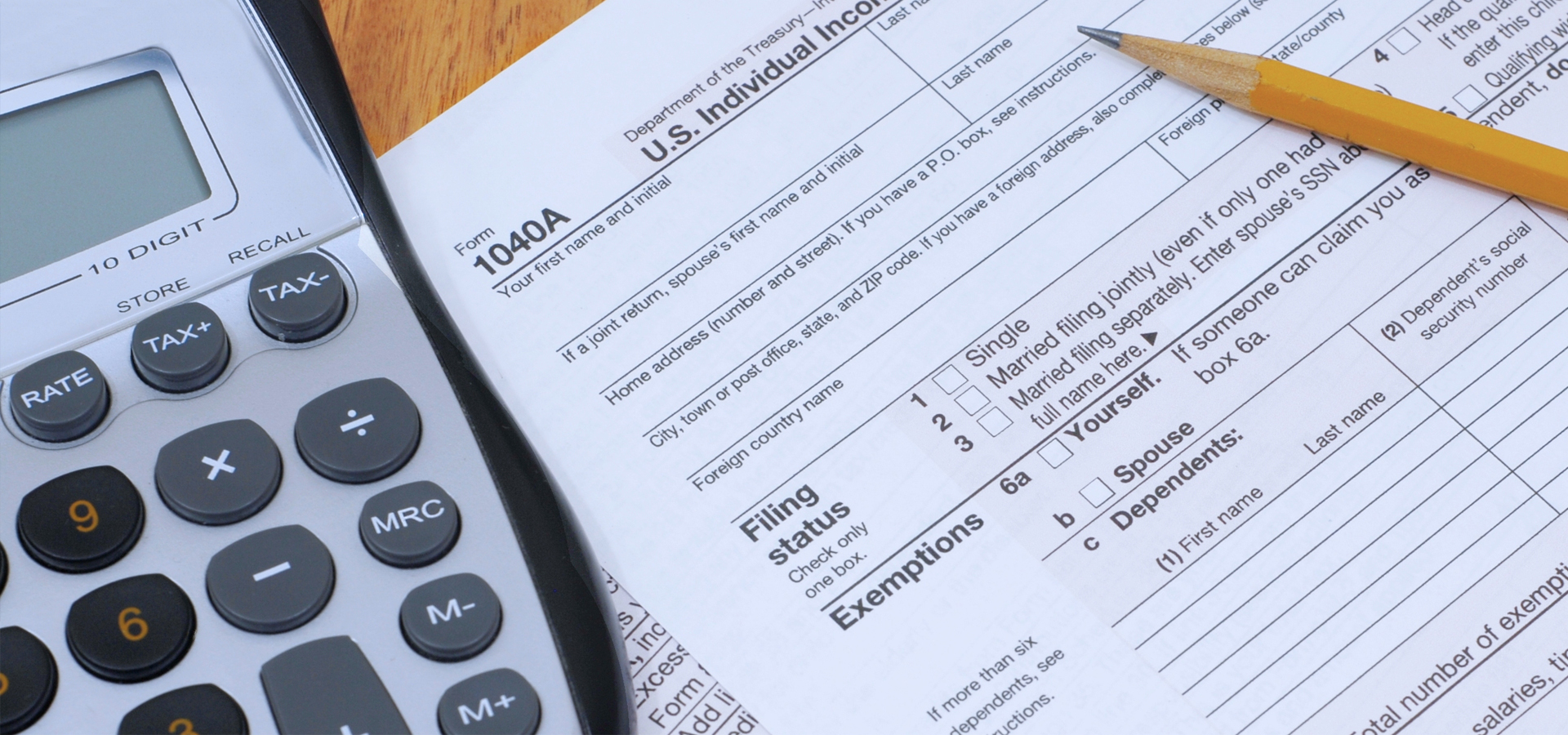
The pandemic has made 2020 a challenging year in many ways. Congress has passed multiple tax bills and legislation this year to help businesses and individuals, which the president has signed. There was the Families First Coronavirus Response (FFCRA) Act; Coronavirus Aid, Relief, and Economic Security (CARES) Act; Paycheck Protection Program and Health Care Enhancement Act; and the Paycheck Protection Program Flexibility Act of 2020.
Here’s a quick rundown of the changes that could impact you:
Tax legislation for tax year 2020
Retirement plan changes
Certain coronavirus-related distributions from retirement plans have been made available up to $100,000 without incurring the 10% early distribution penalty for 2020 only. Taxpayers can report these distributions in their income ratably over a three-year period.
There is also a temporary waiver of required minimum distributions from retirement plans.
Charitable contributions changes
If taxpayers don’t itemize for 2020, they are eligible for an above-the-line deduction for up to $300 of charitable contributions. This means that cash donations of up to $300 made before December 31, 2020, are now deductible when you file your taxes. Also, for those that do itemize there was a temporary suspension of charitable contribution limitations.
Economic Impact Payments
The CARES Act called for Economic Impact Payments, also referred to as stimulus payments. These payments were $1,200 per individual, $2,400 for married couples filing a joint return plus $500 per qualifying child under age 17. They were limited if a taxpayer’s adjusted gross income exceeded thresholds based on filing status: $75,000 for single, $112,500 for head of household, or $150,000 for married filing joint. They will be reconciled on the 2020 return but not included in gross income. These payments were a one-time payment.
Employee Retention Credit
Employers are provided a refundable payroll tax credit of 50% of wages paid to employees, calculated on a maximum of $10,000 of wages per employee. Employers are eligible for the credit if operations were fully or partially suspended due to a COVID-related shutdown order or if quarterly gross receipts declined by more than 50% when compared to the same quarter in the prior year.
Payroll tax deferrals
Employers and self-employed individuals can defer payment of the employer share of the Social Security tax they owe. Deferred taxes must be paid over the following two years with half due December 31, 2021, and the other half due by December 31, 2022.
Payroll protection program (PPP)
This program offered loans designed to provide a direct incentive for small businesses to keep their workers on the payroll. The loan is forgivable if certain criteria is met. Expenses used to apply for forgiveness are not deductible on an individual or a business’s 2020 tax return.
Tax legislation that affects more than tax year 2020
Modifications for reporting net operating losses
The CARES Act reinstates the ability to carry back net operating losses five years and temporarily removes the 80% taxable income limitation. These changes are retroactive for tax years beginning December 21, 2017, and before January 1, 2021.
Other changes for tax year 2020 and forward
New Form 1099-NEC
Beginning in tax year 2020, taxpayers paying $600 or more of non-employee compensation will need to file a new form, 1099-NEC, instead of the 1099-MISC that they previously filed. This requirement will continue beyond the 2020 tax year unless changed. Form 1099-NEC for tax year 2020 needs to be provided to the payees by January 31, 2021. A copy is also due to the Internal Revenue Service by January 31, 2021. Form 1099-MISC for tax year 2020 needs to be provided to the payees by January 31, 2021, and a copy is also due to the IRS by February 28, 2021, or March 31, 2021, if filing electronically.
Further Consolidated Appropriations Act, 2020
At the end of 2019, Congress passed the Further Consolidated Appropriations Act, 2020. This included the Setting Every Community Up for Retirement Enhancement (SECURE) Act. The changes listed below are all in effect starting with the 2020 tax year:
- Repealed the maximum age for traditional IRA contributions.
- Increased the age for required minimum distributions from 70 ½ to 72.
- “Kiddie Tax” changes – a child with unearned income will once again be taxed at the parents’ tax rates, if higher than the child’s tax rates
List of common “tax extenders” expiring after 2020 if no additional legislation
- Credit for nonbusiness energy property
- Mortgage insurance premium deduction as qualified residence interest
- Deduction for qualified tuition and related expense
If you have any questions regarding tax planning and taxes for tax year 2020 and forward, please contact your AgCountry Farm Credit Services tax specialist.



